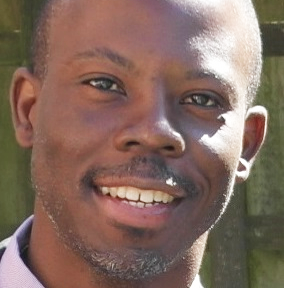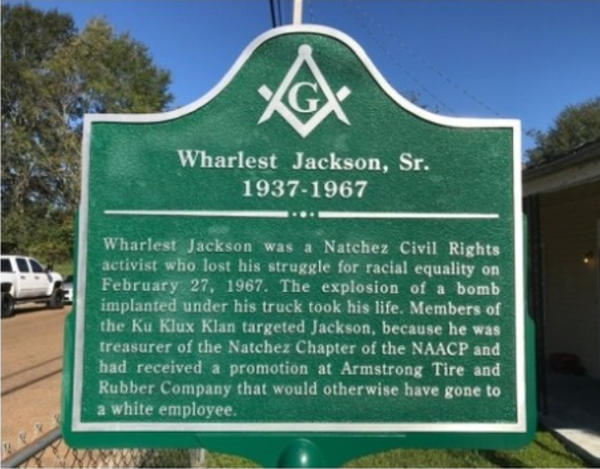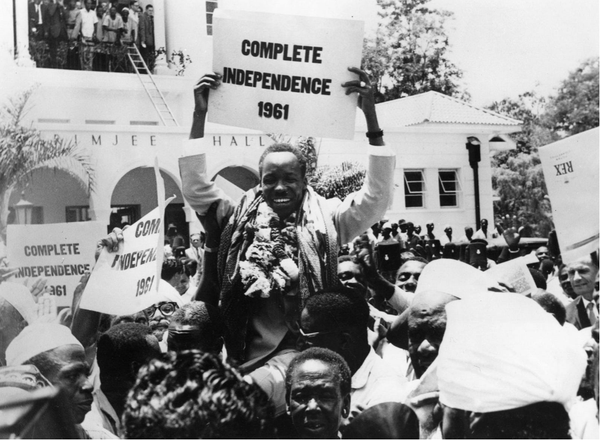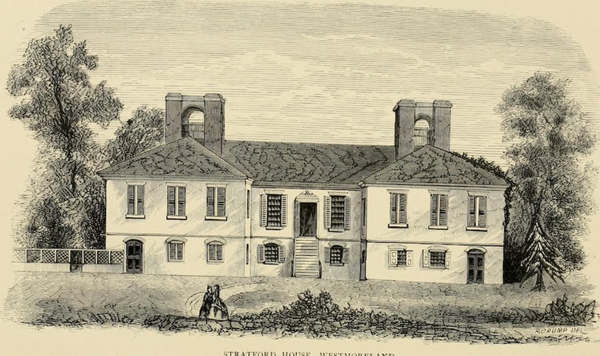Black history is under attack. There is a vocal minority (I certainly hope it’s a minority) that not only doesn’t want Black history taught, they want what little there is to be homogenized so as not to hurt the feelings of white people.
I’ll stipulate that the problem exists more with adults than children. I’m aware of multiple protests by students, rejecting the new trend of banning some books by Black authors and excising any mention of Black history or race.
I write about Black history all year long. I’m not one of those who complain that Black History Month is in February, the shortest month of the year. When Carter G. Woodson launched Negro History Week in 1926, he wanted it to be in February because the month contained two other dates already celebrated in Black communities: Abraham Lincoln’s birthday and the birthday of Fredrick Douglass. I’m not mad that February is Black History Month; I am annoyed that it isn’t taught all year long.
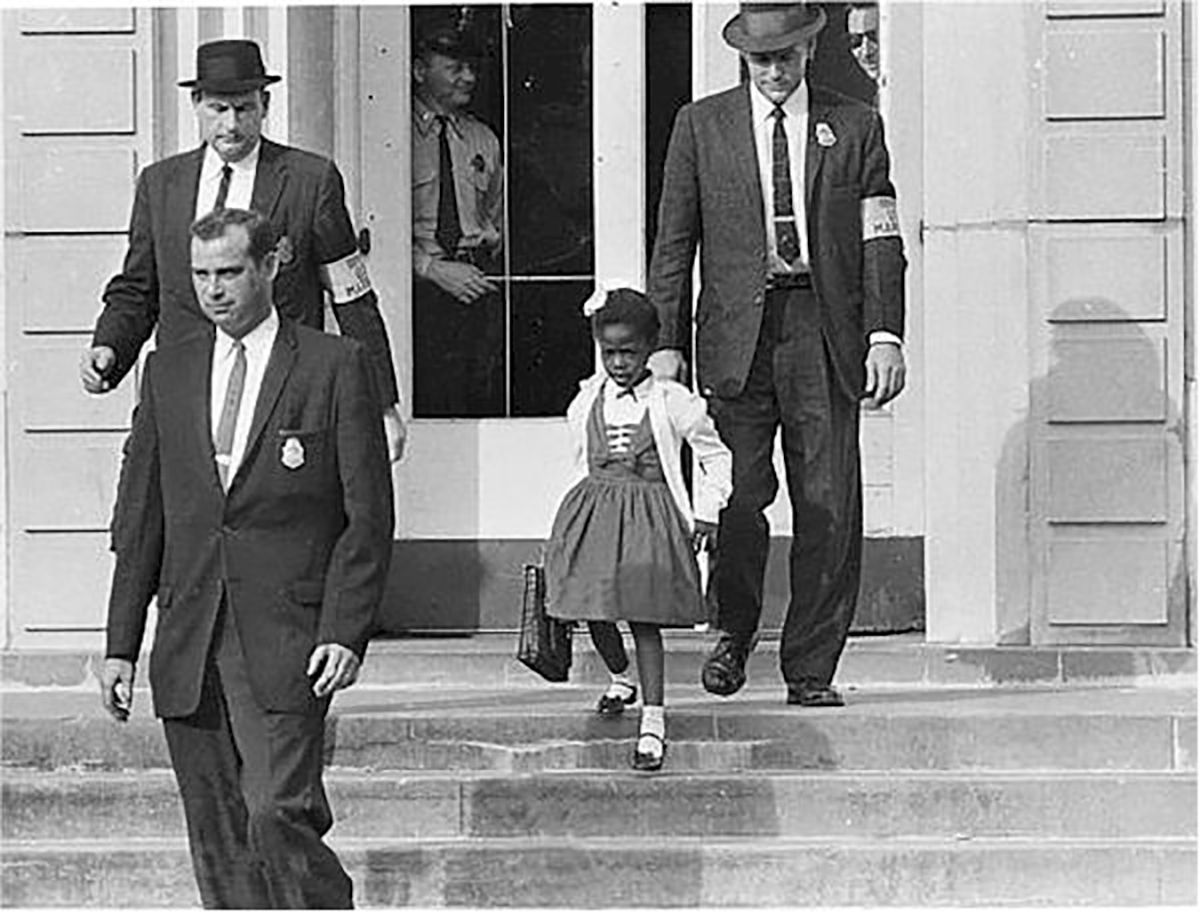
If one month had proved sufficient for Americans to become familiar with Black history, I would have nothing to say. What typically is taught is that this Black person was the first of our race to accomplish something, maybe an inventor or two, or perhaps they were someone who overcame racism, so therefore racism is gone and needs no longer be discussed. I want people to know about Ruby Bridges, the first African-American child to integrate an all-white school district in New Orleans. I also want Americans to know and understand why schools were segregated in the first place. Not to mention when it was illegal for Black people to read and write. Black history isn’t always comfortable or entertaining. It’s essential that all Americans both know Black history and never forget, lest we are doomed to repeat it.
I want to start with the “Never Forget” in the title and work backward. The meaning I commonly think of for “Never Forget” relates to the Holocaust and the extermination of six million Jewish people. That history is under attack as well, and there are Holocaust deniers who would tell you either it never happened or has been greatly exaggerated. Not only is it important to remember, it’s also critical that it never be allowed to occur again. I’m with the Jewish people advocating that the world never forget; I feel just as strongly about Black history.
Black history generally falls into three categories: 1. Black achievements; 2. Turning points in history; and 3. Atrocities that white people committed against Black people. Let’s take a look at them one at a time.

Black Achievements
Many times, Black people were not only the first African American to achieve something, but also the first human to accomplish it. Crispus Attucks was the first man to die in the Revolutionary War. Honoring Crispus Attucks is rather auspicious. Little is known about Attucks before his untimely death. He was a runaway slave, a sailor, and maybe happened to be in the wrong place at the wrong time when a crowd of colonists was taunting some British soldiers. America has been selective about who to honor and who to ignore. If you read about them in a history book, chances are they weren’t seen as a danger to white America.
When I was in grade school and Black History Month was only a week, we were taught about Toussaint L’Ouverture, the general who led the Haitian Revolution. We were allowed to feel pride for the Haitian hero who helped Haiti gain independence from the French and British. Haiti provided Europe with about sixty percent of its coffee and forty percent of its sugar. Haiti should have been a prosperous nation, but after boycotts from much of Europe and the United States and being forced to pay France reparations for those who lost their enslaved Haitian people, Haiti remains one of the world’s poorest countries. We were never taught that. We were taught little or nothing about the revolts of enslaved people in America, like Gabriel Prosser in Richmond, Virginia in 1800, or about the German Coast Uprising in the Territory of Orleans in 1811. At the same time, I learned about John Brown’s Raid on Harpers Ferry and Nat Turner’s Rebellion. They weren’t generally part of the lesson plan; America likes to keep its history nice.
America does appreciate its Black athletes, as long as they don’t get too political. Jesse Owens and his four gold medals in the 1936 Olympics in Berlin were a tremendous American propaganda tool against Hitler. Nothing was said about Owens’s inability to translate Olympic victory into gainful employment.
“After I came home from the 1936 Olympics with my four medals, it became increasingly apparent that everyone was going to slap me on the back, want to shake my hand, or have me up to their suite. But no one was going to offer me a job.” — Jesse Owens: Olympic Legend
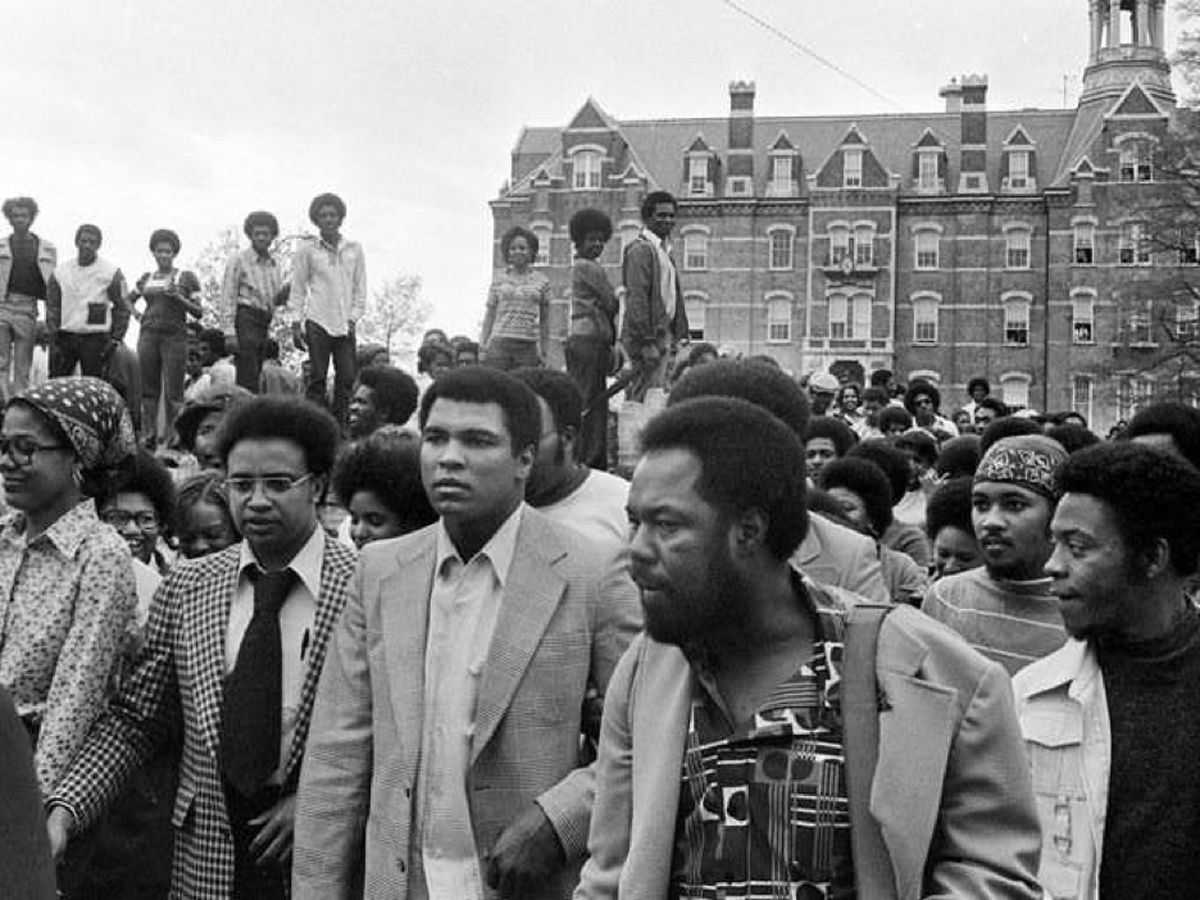
Cassius Clay was an Olympic champion, winning the Boxing Gold Medal in the heavyweight division in 1960. He was young, pretty, and bold. He told everyone who would listen that he would win, and he did. Cassius soon became the world’s professional heavyweight champion and was barely touched in his fights, bobbing and weaving while taking down his opponents with pinpoint accuracy. Then he became a member of the Nation of Islam; he refused to participate in the Vietnam War.
Muhammad Ali was stripped of his title and banned from boxing for three and a half years while in his prime as a boxer. Ali toured Historically Black College and University (HBCU) campuses during his banishment, giving lectures and promoting Black pride. He eventually returned to the ring and regained the heavyweight title. He fought several historic fights, including three with Joe Frazier and one with George Foreman.
We ultimately learned about the Black women who supported NASA when the Hidden Figures film was released. Mathematicians Katherine Johnson, Mary Winston Jackson, Dorothy Vaugh, and several other Black women were depended on behind the scenes to ensure that Astronaut John Glenn returned safely after being the first American to orbit the earth. NASA was segregated when the women served, and their accomplishments were hidden for decades.
Turning Points in History
Many turning points in history affect Black Americans. I want to mention some rarely discussed in the context that I will provide here. The Partus Sequitur Ventrem law, initially passed in Virginia before it spread across the colonies, flipped the script on what happened to Black children born in America. It made it legal for white men to rape enslaved women, absolved these white men of any financial responsibility of their children, and made any child born to an enslaved woman an enslaved person themselves. This law was different than what was practiced in Britain, and it put America on a whole new level on the world stage of enslavement.
The passage of the United States Constitution set the stage for something I’ll get to—“evil things white people did to Black people.” In Article One, Section Nine, Clause One, it was provided that America could not end the International Slave Trade for at least twenty years. Many will tell you it was a means to begin ending enslavement, but don’t believe them. It opened the door to protectionism, and it was one of the most heinous acts ever perpetrated against enslaved people in America.
The Emancipation Proclamation was a major event but was also given too much credit. Abraham Lincoln only freed enslaved people in the states that seceded from the Union, leaving it intact in all other states and territories. The goal was to disrupt the Southern economy and keep Britain or France from partnering with the South in the war. The Act required enslaved people to escape from their enslavers and reach Northern territory.
The codes often required annual contracts, established curfews, provided for the arrest of those unable to prove employment, and often sent the newly freed men and women back to the same plantations they had been released from.
The Civil War soon followed, and after the North won, slavery was mostly eradicated across the nation after the passage of the Thirteenth Amendment. Enslaved people across the country were told at different times, however, and Juneteenth represents the date enslaved people in Texas were finally notified they were free. They were then told to return to their plantations and continue working with the premise they would eventually be paid.
“The freedmen are advised to remain quietly and work for wages. They are also informed that they will not be allowed to gather at military posts and that they would not be supported in idleness.” — General Order No. 3 issued by Maj. Gen. Gordon Granger
After enslavement ended, Southern states immediately instituted the Black Codes, which duplicated enslavement as best they could. The codes often required annual contracts, established curfews, provided for the arrest of those unable to prove employment, and often sent the newly freed men and women back to the same plantations they had been released from.
We then got Reconstruction after the passage of the Thirteenth , Fourteenth, and Fifteenth Amendments. Black men could now vote, though only because of federal troops protecting their rights. Even so, Black men did vote despite lynchings and all manner of voter suppression, many of which are being duplicated in the present.
Reconstruction came to an end after the disputed presidential election of 1876. The election was resolved by the Compromise of 1877 when Democrats allowed Republican Rutherford B. Hayes to become President in return for a promise to remove all federal troops from the South. The troops were withdrawn, and Reconstruction came to an immediate halt. In 1878, President Hayes signed the Posse Comitatus Act, which guaranteed federal troops wouldn’t return to protect the freedmen and women; this led to Jim Crow, which lasted almost a hundred years.
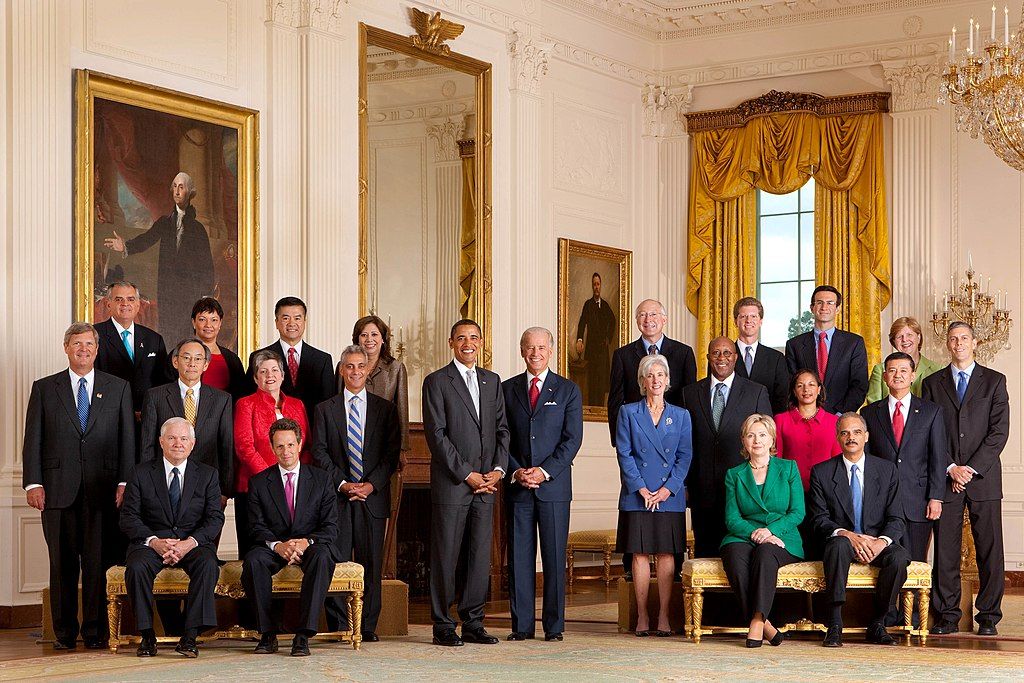
In the 1960s, we entered the Civil Rights era. Notably, the Civil Rights Act of 1964, the Voting Rights Act of 1965, and the Fair Housing Act of 1968 were passed. It took Bloody Sunday and the assassination of Reverend Doctor Martin Luther King, Jr to pass the last two, but they were victories. A historical first and a turning point in Black history was the 2008 election of Senator Barack Obama. It could have been included in the previous section. Unfortunately, that election triggered an ongoing whitelash that has resulted in a rise of white nationalism and white supremacist groups.
Atrocities White People Committed Against Black People
This is a far too lengthy list that I will shorten to stay within the directed length of this article. I previously mentioned Article One, Section Nine, Clause One of the Constitution. The clause provided for the possible end of the international slave trade in 1808. The reason the international trade ended wasn’t as a prelude to ending enslavement altogether. It was to eliminate competition for domestically bred enslaved people to get a higher price at sale. States like Virginia, Delaware, and Maryland had excess enslaved people due to the mismanagement of tobacco crops which had ruined the soil. Eliminating the international slave trade made plantation owners rich, including the man who presided over the end of the International Slave Trade, President Thomas Jefferson.
That wasn’t the worst part, though. The worst part was that those states started to breed enslaved people by methods that included forced pairings and rape by Black “bucks” and their white masters. There was a unique market for light-skinned Black people as house servants and fancies (prostitutes) to service white men. Historians labeled the high birth rate among enslaved people as a “natural increase” when it was anything but natural.
Voter suppression has existed for Black Americans ever since they received the right to vote . . .
In 1676, Nathanial Bacon led a rebellion, burning down Jamestown, then the capital of Virginia. His troops included white indentured servants, Black indentured servants, and a few Black enslaved people. Before Bacon’s Rebellion, white and Black indentured servants worked side by side. Most had seven-year contracts, after which they were freed and often given money and land to make a fresh start. After the rebellion, America turned to a new model of depending on enslaved Black people who, instead of serving seven years, were enslaved for life (along with their children). There wasn’t such a thing as “Black” or “white” before Bacon’s Rebellion. Now, race dominates discussions on many subjects.
Voter suppression has existed for Black Americans ever since they received the right to vote—whether it was election police (making a comeback in Florida), poll taxes, literacy tests, lynchings, or wiping out the entire Black population of towns like Ocoee, Florida, in 1920. We need to know our history to keep it from being repeated. Voter suppression bills are being enacted in states across the nation, and Congress is unable or unwilling to address them.

All Americans must know and understand American history, which necessarily includes the role of Black people. It’s also essential that we stop efforts to block the teaching of Black history or even the mere discussion of race itself. We are standing on a precipice where Critical Race Theory is the pretense used to ban books by Black authors and teach only that which doesn’t make white people uncomfortable. Reading this article, you might accurately perceive that America was already avoiding much discomfort, preferring to pick and choose what gets taught and what is ignored.
While books are still on the shelves, learn Black history, teach it to your children, and make sure you discuss it so that it’s retained. We can only make America better by acknowledging what it used to be.

More from our Black History Month series

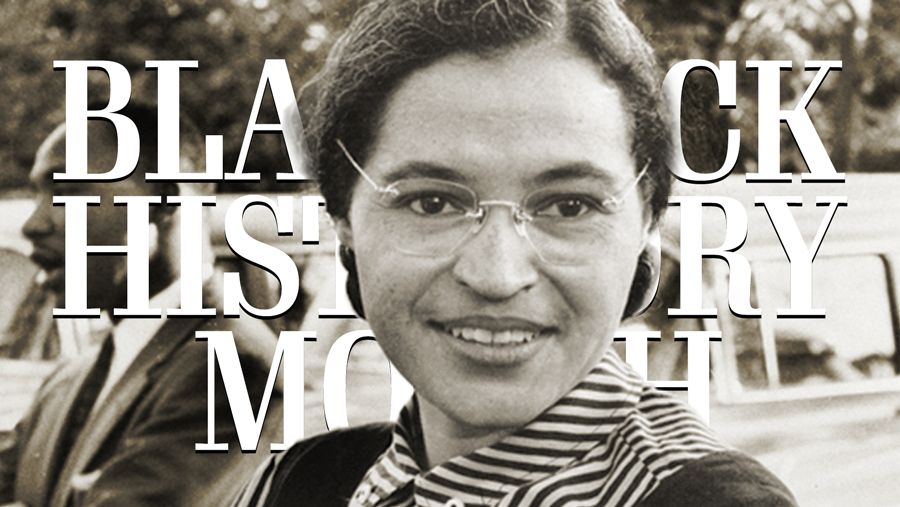
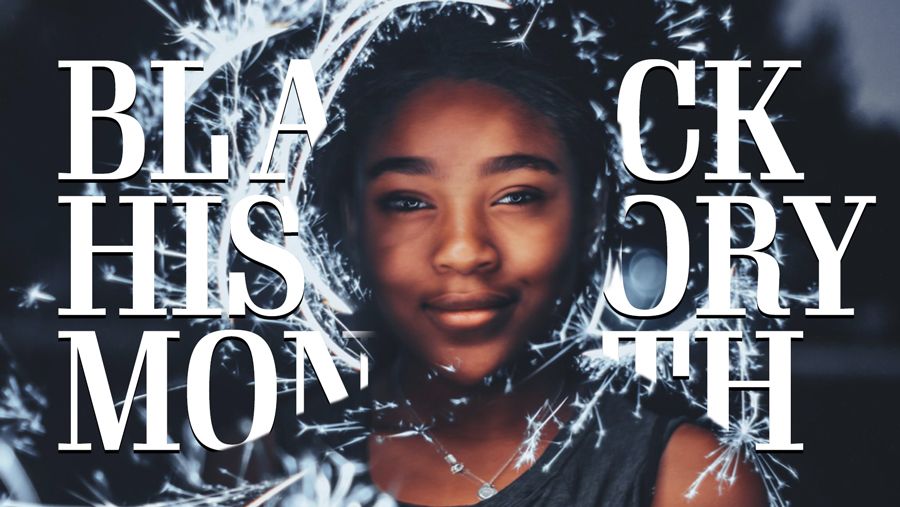
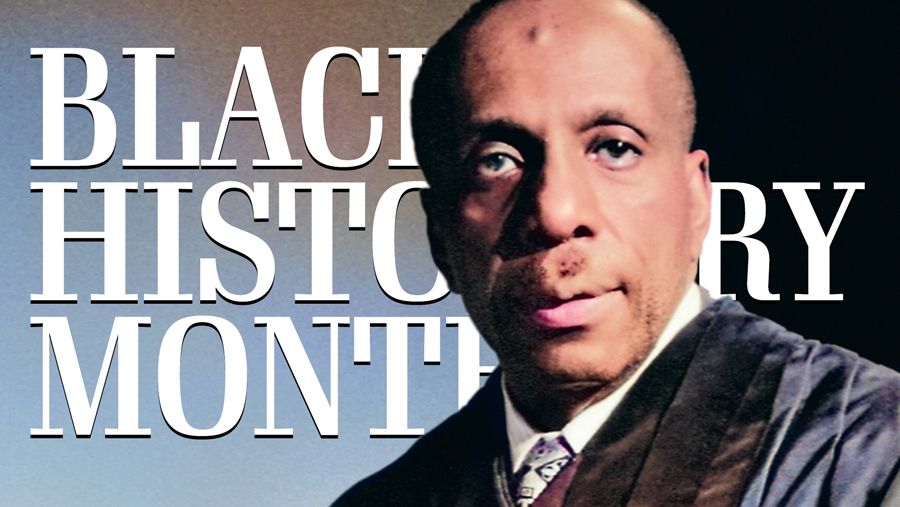
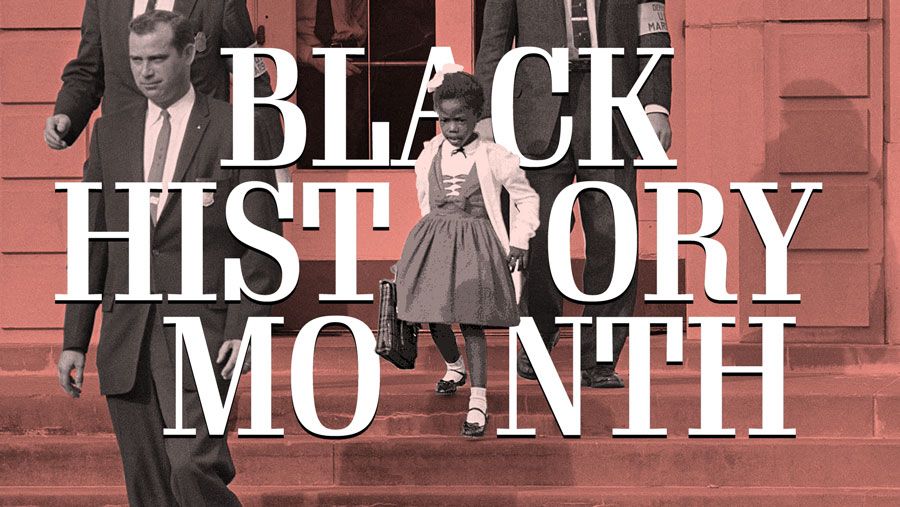
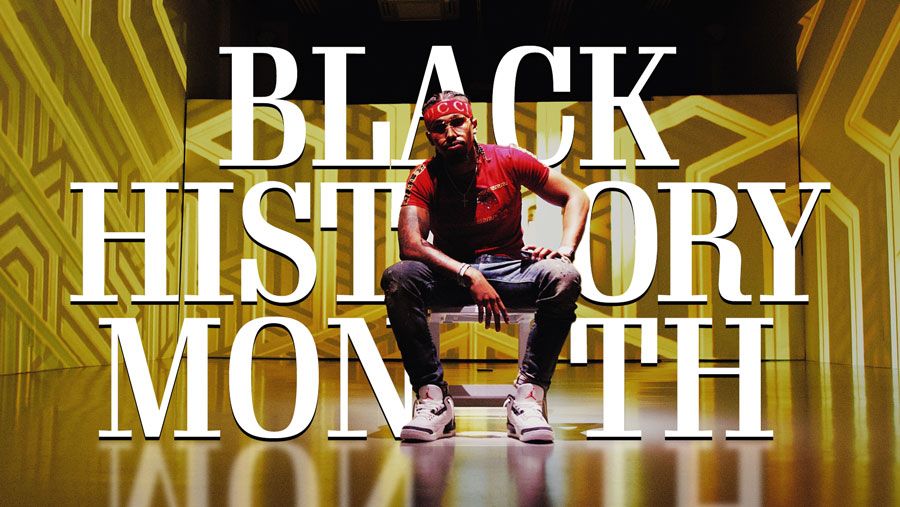
Articles about and by William Spivey



New This Week

Please Give
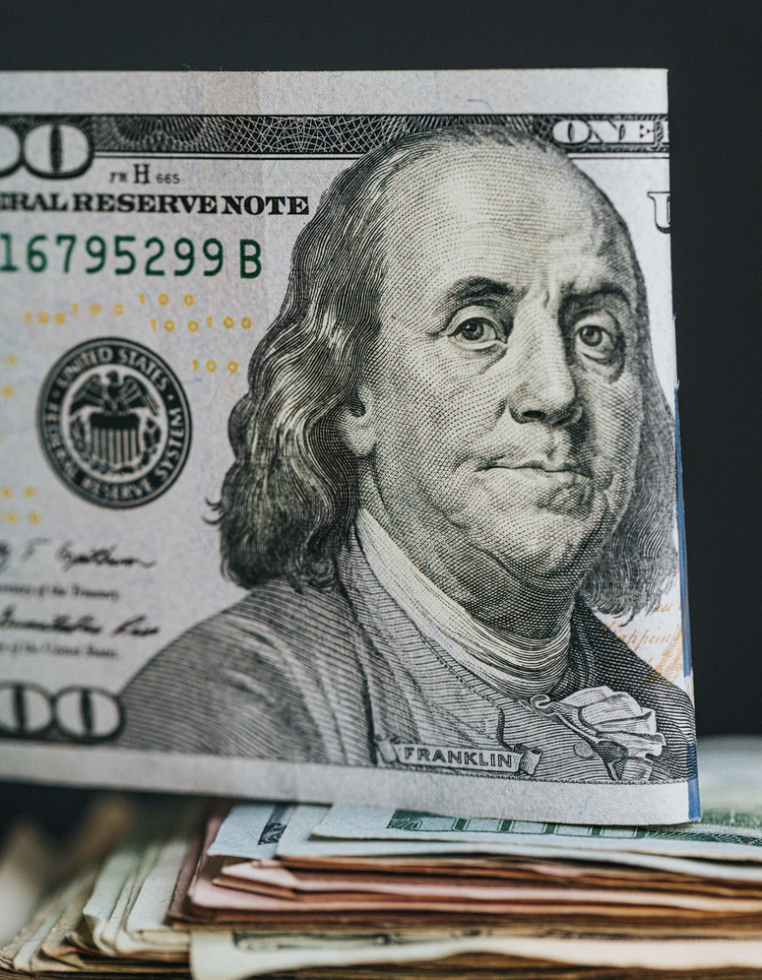
The subject of racism is broad and complicated. Its components require close examination and nuanced explanation. While our message is singular, we must tailor our conversations and presentations to bring awareness to these aspects. These items must also be updated to reflect the challenges of the times.
We cannot do the work of racial equity without the support of people like you. In the same way that it takes a village to raise a child, it will take all of us to end racism and create a more equitable world. Racism doesn’t just harm its victims; it harms its perpetrators and bystanders. Racism harms everyone. Our Human Family is working to bring an end to racism and establish a society rooted in equity.
You can help us continue our anti-racism work.
Please support the critical work and word of Our Human Family at the forefront of the national conversation on better race relations and widespread equity in America.
Final Thoughts

Top photo: William Frantz Elementary School, New Orleans, 1960. After a Federal court ordered the desegregation of schools in the South, U.S. Marshals escorted a young Black girl, Ruby Bridges, to school. Source, Wikimedia Commons. Remixed by OHF Weekly.






